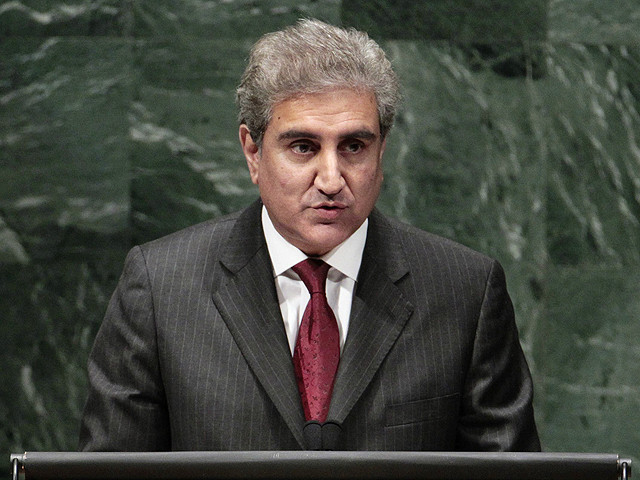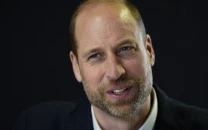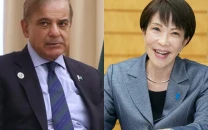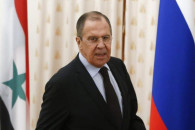Iran doesn't need nuclear weapons: Qureshi
Speaking at Harvard University, the FM Qureshi said Iran had no justification to pursue nuclear weapons.

In some of Pakistan's strongest statements on Iran's controversial nuclear program, Foreign Minister Shah Mehmood Qureshi said that he wanted to avoid "another major crisis in the region."
"In my view, I don't think they have a justification to go nuclear," Qureshi said at Harvard University.
"Who's threatening Iran? I don't see any immediate threat to Iran," he said, while adding that Pakistan accepted Iran's "right to civilian use of technology."
Qureshi said he has shared his views with Iranian Foreign Minister Manouchehr Mottaki and told him to seize on US President Barack Obama's stated willingness to engage in dialogue to mend decades of fraught US-Iranian ties.
"This administration has been extending the olive branch - make use of it. Engage the world," Qureshi said.
Pakistan has a friendly but complicated relationship with Iran's government. Pakistan and Iran in June signed a deal that commits Tehran to selling natural gas from a pipeline.
The United States has warned against the project as it steps up sanctions on Iran over its nuclear program.
Prime Minister Yousaf Raza Gilani said at the time that Islamabad would implement UN resolutions on Iran but not unilateral US restrictions.
Qureshi said that Pakistan faces a threat from India, making its case different than Iran's. Pakistan became the Islamic world's only nuclear weapons state in 1998, days after its historic rival carried out similar atomic tests. Qureshi also pointed out that Iran was signatory to the nuclear Non-Proliferation Treaty, which Pakistan and India never signed.
"They have an international obligation. They have signed NPT and they should respect that," he said.


















COMMENTS
Comments are moderated and generally will be posted if they are on-topic and not abusive.
For more information, please see our Comments FAQ